|
Happy New Year, Viscerals!! 2020. Wow. Genuinely sounds like "the future", doesn't it? At some point soon-ish, I'd like to write an entry on just what this decade has meant to Pez and I -- and have her contribute her half for her own perspective -- but we just don't have the time right now. As years often do nowadays, this one sees us hit the ground running. In lieu of that, which will be more personal and about what the first 10 years of Cinema Viscera has meant to us, changed us, challenged us and propelled us into the 2020s and our little production company's second decade, here is a quick snapshot of my Top 20 films of the 2010s. SPECIAL MENTION: Despite being written, financed and directed as an 18-hour film to be released in installments, Twin Peaks: The Return (2017, David Lynch) was released via a cable TV network in weekly episodes, is the extension of a TV show and plays with the tropes and structure of that medium brilliantly, so while history will likely consider it a work for television, it belongs right here with every one of these as one of the "cinematic" works of the decade that meant the most to me. As this weird, turbulent, tumultuous decade draws to a close, these 20 films (including two cinematic collages) are the ones that have meant more to me than any other: #20: TERROR NULLIUS |
| #20: Ready or Not (Directors: Radio Silence, aka Matt Bettinelli-Olipin and Tyler Gillett) Brutally efficient, slickly made, deliriously satisfying horror-action-comedy, with a delightfully vicious, absurdist, slapstick bent, is another entry in the rapidly expanding “kill the rich” sub-genre (itself an intriguing development among recent major studio releases; responding to the times, or an opportunity to profit from discord? A question for another day). Silly as all heck and not especially deep, but twisty, bloody, angry and fun as all hell, with a terrific cast having a blast. Samara Weaving is becoming quite the scream queen! |
| #19: Morgana (Directors: Isabel Peppard and Josie Hess) Lovely, genuinely inspirational little documentary from Melbourne filmmakers Peppard (whose specialty is hand-crafted horror, in both her films and sculpture art) and Hess, about Morgana Muses-Coady, a woman who found her second act in life, and community, via making her own distinctive, flamboyantly artistic brand of pornographic videos. The directors add some neat visual flourishes here too -- the way Peppard uses sculptured dioramas to illustrate events in Morgana's life somehow compliment Morgana's own aesthetic perfectly, as well as Peppard's -- but it’s just a wonderful, unexpectedly inspirational portrait of a brave and extraordinary woman. |
| #18: Burning (Director: Lee Chang-dong) Based upon the short story "Barn Burning" by Haruki Murakami, Lee Chang-dong's super slow-burn Korean drama deals -- as so much of it has so brilliantly -- with class and wealth disparity, unfolding as a gentle, and gently funny, tale of a young (seemingly slightly dim?) delivery guy reuniting with a girl he used to tease at school, who's grown up to surgically fashion herself (as many South Korean women do) into a woman he's now very much attracted to, only to find himself jealous of Ben, her new, seemingly hugely wealthy Korean-American boyfriend. A moment alone between the two men sparks a strange confession from Ben... and the film slowly begins to slide in a very different, much more malevolent direction. While its 148-minute runtime is a little excessive, there's a lyrical quality to the way its shot, staged and scored, all pulsating with a creeping sense of dread, that it's hard not to be riveted. All three leads are stunning, and Lee's direction is so attuned to small changes in the atmosphere -- of both the characters and the world around them -- that it manages a novelistic tone and grace that makes the place it finally ends up in hit even harder. This one will linger in your brain for days after. |
| #17: Iron Fists and Kung-Fu Kicks (Director: Serge Ou) Lively, impressively dense documentary in the Not Quite Hollywood vein whisks us on a blisteringly edited journey (from Hong Kong to the West to Uganda's 'Wakaliwood') to examine the seismic cultural ripple effect Kung-Fu cinema has had on so many cultures, from not only action cinema but hip-hop, dance and, well... damn near everything! Great to see the inclusion of films and folk like Cheng Pei-Pei, The Deadly Art of Survival, Cynthia Rothrock and Australia's own Richard Norton. You’ll leave with a huge watchlist. |
| #16: Tell Me Who I Am (Director: Ed Perkins) Genuinely startling documentary about an amnesiac man who sits down with his twin brother to fill in some gaps about his life. I won't spoil a damn thing, but what follows is emotionally searing, powerfully upsetting and confronting, but also overarched with incredible brotherly love between these two men. The film is also crafted with an elegance rarely seen in documentary, the interviews taking a cue from the direct-to-camera style of Errol Morris, but with an even more innovative spin, while reenactments of places and fragments of memory are also beautifully staged and composed. No, really, don't read any more about it. Just see it (it's on Netflix). |
| #15: Under The Silver Lake (Director: David Robert Mitchell) After It Follows became the festival horror buzz hit of 2014, David Robert Mitchell spent his newfound cachet on this mad, bloated, unwieldy Hail Mary pass of a film... and I'm totally here to catch it. Sure, it's often inexplicable, scarcely coherent and happy to amble from event to event, but Mitchell creates such an indelible mood, strong sense of place and scope-framed visual flourish, infused with a tangible feeling that all is coming to an apocalyptic head, with such a giddy love for cinema history and film noir genre tropes, that it's a bit intoxicating. Then he straps us to (the excellent) Andrew Garfield, playing a character that's as scuzzy and immature and kind of a schmuck as he is lovesick and inquisitive and even relatable (probably too much for me!). Mostly, Mitchell's combined what I liked about Southland Tales and Inherent Vice and threw out the rest I hated, making the hazy epic apocalyptic L.A. stoner perv cineaste party noir I never knew to ask for. It won't scratch everyone's itch, but it certainly did mine. |
| #14: Knives Out (Director: Rian Johnson) Rian Johnson returns from a galaxy far, far away to craft this playful, hugely entertaining blend of old-school whodunit with current-day sociopolitical commentary that weaves seamlessly, inextricably into the murder-mystery plot and making it look easy, with an all-star cast seemingly delighted to be given such colourful action and dialogue to bite into. Okay, so one of the leads is a bit too impossibly sweet and the family are barely more than caricatures, but considering we're in Clue territory, they're given more shading than one might rightfully expect. (Also, when did Jamie Lee Curtis become the heir to Robert Mitchum? She's gloriously terrifying.) Oh, and that final shot is pretty much perfect. |
| #13: 3 Faces (Director: Jafar Panahi) I like how Jafar Panahi’s post-filmmaking ban films see him get more and more brazen, stepping further out into the wider world; from being housebound in This is Not a Film to beachhouse-bound in Closed Curtain to staying inside the titular Tehran Taxi to now, with 3 Faces, driving actress Behnaz Jafari across the countryside — and even getting out of the car! — in search of a missing young actress who may or may not have committed her videotaped suicide (which bracingly opens the film, in a culture where such an act is considered inconceivable). Panahi centres his narrative around three actresses who represent the past, present and future of Iranian cinema, the acting profession and women in Iran. While it's as angry and committed as anything the director has made before, and even the most casual acts in the film are staunchly political, it's also very funny and satrical and Panahi and Jafari make a wonderful double act. |
| #12: Animals (Director: Sophie Hyde) While this has been described as "Withnail and I for girls", upon closer inspection, Sophie Hyde's excellent follow-up to her 2013 debut 52 Tuesdays felt more to me like "Fight Club for girls" (without the violence, of course). After all, our lead, Laura (Holliday Grainger), has a charismatic pal named Tyler (Alia Shawkat), who spouts non-conformist dogma while doing all in her considerable power to have Laura all to herself and lead an anarchic life together, as Laura learns that the life she was raised and conditioned to believe she wanted may not be the one she actually desires. It's refreshing to see young women portrayed with complexity, unvarnished and ravenously carnal (there's definitely a female gaze at work here, and it's a delight) and, as a portrait of a co-dependent friendship growing up in different directions, it's both difficult and liberating. One of 2019's real sleepers. |
| #11: Everybody Knows (Director: Asghar Farhadi) Everything about this redolent of the Farhadi house style — class-driven social thrillers about outwardly happy, well-functioning families ripped asunder by a chilling act that outs hidden secrets which erode the characters’ relationships and social fabric completely — and gee, does he have this storytelling shape and social critiques sharpened to a fierce and piercing point. This time, Farhadi's style segues perfectly from his home turf of Iran to Spain, and the film’s four leads are excellent; most of all Bardem, who rarely gets to show such a gregarious, loving, bearish side of himself as he does here (his earring is an especially inspired choice). Just as compelling, intriguing and excoriating as Farhadi’s previous work, crafted with the same elegant style and naturalistic sense of behaviour and dialogue, this has me dying to see Farhadi -- perhaps Iran's answer to Arthur Miller -- take his act on the road to other countries: what would an American or British Farhadi film look like? An Italian one? Bring ‘em all on. |
THE TOP 10
| #10: Blood & Flesh: The Reel Life & Ghastly Death of Al Adamson (Director: David Gregory) Are you a fan of documentaries about schlocky, DIY filmmakers? Are you addicted to all things true-crime? Welcome to your new jam, as David Gregory's doc is a terrific, exhaustive example of both: Digging deep into the life and bizarro career of micro-budget schlockmeister Al Adamson, interviewing his colleagues (some still alive, others in archive interviews), bursting with mind-boggling scenes from most of his 28 (or so) ramshackle, largely dreadful movies... and then, for its final third, a thorough true-crime examination of Adamson's tragic real-life murder, one almost as bizarre as anything in his films. A deeply satisfying experience that's both hilariously joyful (wait 'til you get to the anecdotes about just how decrepit some of Adamson's cut-price late-late-late career movie star hires were) and deeply sad, both for the premature loss of Adamson's wife, Regina Carrol, and the death of Adamson himself. |
| #9: Sorry We Missed You (Director: Ken Loach) The 83-year-old king of the feel-bad, big-hearted, call-to-action UK social realist drama and never-say-die-socialist Ken Loach follows up his heartbreaking 2016 stunner (and Palme d'Or winner) I, Daniel Blake with this raw, enraged indictment of our "gig economy", a modern workforce ever-demanding more for less, while somehow shilling it to us as empowerment, squeezing us (especially our most vulnerable) tighter and tighter until we crack. Not always subtle, but never wrong -- and its last 20 minutes is a hammer blow. As someone who's just started a freelance career and spent much of the last half of this year looking for work, this film hit a little too close to the bone, too often. |
| #8: Piercing (Director: Nicolas Pesce) While it's no surprise this film was given such a microscopic release, given it's such a wonderfully weird, acquired taste, this is a deliciously dark short story of a film (based on one by Audition‘s Ryu Murikami) about the most effed-up love connection -- although it certainly doesn't start that way -- one can imagine, between a budding serial killer and a torture-obsessed dom (played brilliantly by Christopher Abbott and Mia Wasikowska, who don't die wondering). Built upon disturbed characters and enigmatic behaviours, writer/director Pesce (The Eyes of My Mother) gives this lurid little tale of twisted, inadvertent soul mates a comic book design with a precision and intertextuality reminiscent of Wes Anderson, scoring it to Giallo’s greatest hits. Yeah, this was very much my brand of jam. |
| #7: The Irishman (Director: Martin Scorsese) Martin Scorsese's 25th narrative feature feels every bit like his testament film. It won't be his swan song just yet -- he's got far too much in the tank for that -- but The Irishman is undoubtedly a funeral for the gangster movie. An unexpectely austere film about dead men walking, mortality, sin and regret, it deals in themes as huge as its running time, and its cast and crew represents an honour roll of Scorsese collaborators past and present. Sublimely traversing an alternate history of the United States shaped by organised crime -- controlled by corrupt men believing themselves gods, only to be forgotten footnotes of history barely a generation later -- Steven Zaillian's elegant script boils their pointless lives down to two possible endings: either premature violent death or living their decrepitude behind bars. And all for what? More than anything, though, this feels like Scorsese's missive to all those similar powerful old men out there still clutching on to illusory patriarchal notions of power, believing themselves omniscient masters of the universe: Mind for whom the bell tolls, for it tolls for thee. Your time is up. (Oh, and welcome back, Joe Pesci!) |
| #6: Pain and Glory (Director: Pedro Almodovar) Almodovar's lovely, gentle reflection upon personal and artistic mortality is an experience to luxuriate in; wistful, poignant and beautifully designed (that apartment! those colour-blocked costumes!), crafted in the classical style that's defined his late career, yet playful as ever, even questioning the reality of what we're watching on screen -- what is memory, what is cinema, what is truth... and what is the difference? Banderas, playing Salvador Mallo, a Almodovar-esque film director reuniting with a former star with whom he fell out, is brilliant, delivering a poignant, searching performance of superb understatement. (There's a sequence where Salvador reunites with an old flame, Federico, which is one of the more sublime, gorgeous and touching vignettes I've seen on screen all year.) While Almodovar's avatar, Salvador, contemplates ending his distinguished career, let's sincerely hope this is just Pedro taking a little dramatic licence and messing with us again, because we need more of his beautiful films in this world. |
| #5: In Fabric (Director: Peter Strickland) Peter Strickland has always been an incredible director of style and intertextuality in dialogue with film history, but I've never loved any of his films... until now. Ravishing to the eye and ear, powerfully sensual, endlessly detailed yet deliciously bonkers, with homages both playful and reverent, Strickland's beguiling, darkly funny bifurcated story of a 'killer dress' is as absurd as you might expect, but also ferociously clever, weaponising its satire of fashion, advertising and department store culture (through a very specific lens of 1970s Britain) into, for mine, no less than the Dr. Strangelove of consumerism. Lots of terrific performances to watch out for here, as well, from Fatma Mohamed's grandiloquent sales clerk to Marianne Jean-Baptiste and Hayley Squires as the dress' owners and Steve Oram and Julian Barratt -- yes, that Julian Barrett -- as managers turned on by, uh, the mechanical workings of washing machines. |
| #4: Peterloo (Director: Mike Leigh) On the biggest canvas of his long and singular career, Mike Leigh paints a devastating portrait of class warfare, political protest and the brutality of a police state -- sound familiar, anyone? -- only to receive the smallest of cinema releases before heading for the small screens of Amazon Prime. As observant and detailed with character and authenticity as any of his works, emotionally heartrending and uncomfortably visceral, this is not only a vigorously faithful recreation of a major historical event perhaps little-known outside of the UK, but an essential look back at a past which resonates all too sadly with our politically fraught present. |
| #3: Dolemite is My Name (Director: Craig Brewer) A pure joy from start to finish, this unlikely biopic of self-made Blaxploitation icon Rudy Ray Moore (penned by the lords of the unlikely biopic, Scott Alexander and Larry Karazewski) is not only an enormously inspirational (and, for a DIY indie moviemaker, intensely relatable) story of the power of one man's self-belief and will to make his own work -- not to mention bringing together a community of artists and performers awaiting their own shot -- but also a supercharged comeback vehicle for three long-dormant major talents: Eddie Murphy, Wesley Snipes and director Craig Brewer. It's thrilling to see Murphy so engaged, Snipes so loose and self-effacing and Brewer making the kind of exhilarating work he gave us back in the 2000s with Hustle & Flow and Black Snake Moan. There's also some intriguing parallels between Moore's quest to make his own albums and films and the entire independent landscape today, which suggest that independent artists outside the system have always copped it in the neck. While the film steers clear of Rudy’s raunchier, more controversial material, it’s otherwise remarkably close to the real story as we know it and to see Moore so defiant, then succeed so wildly, is truly inspirational -- it had me actually cheering aloud. For anyone who's ever wanted to make a movie, see themselves onscreen, or just get together with their friends and have a blast making something crazy, Dolemite is My Name is your new valentine. |
And now... this year sees an unprecedented occurrence.
For in almost 30 years of counting down films (15 of those online), I've never, ever had, allowed, or even considered, a tie at #1.
Until now.
For in almost 30 years of counting down films (15 of those online), I've never, ever had, allowed, or even considered, a tie at #1.
Until now.
MY EQUAL #1 FILMS OF 2019 ARE...
#1 (tie): ONCE UPON A TIME IN HOLLYWOOD and PARASITE
(or is that PARASITE and ONCE UPON A TIME IN HOLLYWOOD?)
(Directors: Quentin Tarantino and Bong Joon-Ho)
I've tried. The Movie Gods know I've tried. But I just can't split them. Upon seeing Parasite, it immediately became not only my favourite film of 2019, but my favourite of the last two-and-a-half years. The third time (yep) I saw Once Upon a Time in Hollywood, I already knew the film had bewitched me from its initial viewing, but it became clear it is obviously my favourite film of 2019.
Except, it couldn't unseat Parasite. Nor vice versa. They both give me different things, fulfiling two sides of exactly what I want out of filmmaking right now, and they absolutely had to share the throne. One is a film powered by place, by mood, by a feeling, underlined by joy, a lost art, melancholy, nostalgia and, ultimately, mortality; the other, powered by one of the best screenplays of modern times, by an endlessly, sharply twisting sea monster of a story and characters both defiant of and beholden to their natures, underlined by lifetimes of institutionalised resentment, speaking to struggles we as a society face right now (and have for far too long).
Class conflict and wealth disparity have been explored in a lot of films this year, but no film has nailed it quite as cogently or entertainingly as Parasite. As brilliantly assembled like a Swiss clock and stacked with outstanding performances (Song Kang-Ho is a Korean national treasure at this point), Bong Joon-Ho's hilarious, poignant, wholly unpredictable and deeply furious film is essential viewing and his best picture to date. From its knockabout, cheeky setup, the delightfully improbable but insanely skilful way the family insinuate themselves into this rich family's home is hilarious, satirical fun to watch...
And then they find a secret door.
Nothing will prepare you for what happens next, or where it goes, no where it ends up. Remember when we, as a culture, were most drawn to films with "a great story"? Not because they had the biggest and loudest ads, or the most expensive VFX, or because they were part of a 20-part overgrown TV series for cinema? Where you just went to get immersed in a world and have it take you to the most unexpected of places, while also resonating with fundamental truths about our own world? Parasite is that movie, and I want more of them. When it comes to filmmakers of the 2000s South Korean "New Wave", I've always been a Park Chan-Wook devotee, but this film sees Bong finally close the gap. It's sublimely crafted from top to toe (shout out to Lee Ha-jun and Mo So-ra, whose production design choices are exquisite) and sure to be frequently rewatchable. It's all too rare nowadays, but I found myself weeping tears of joy at the end, instantly convinced I'd just seen a masterpiece.
The qualities I was just ascribing to Parasite are similar to sentiments I've often held about the films of Quentin Tarantino. Anyone who knows me, knows the way his films -- ever since seeing Reservoir Dogs on its opening day of Australian release in 1993 (yeah, it took an age to get out here) -- hit me right in the heart. And the gut. And the brain. But Once Upon a Time in Hollywood has hit me unlike any other of the writer/director's films. The first viewing was hugely enjoyable, a party, a fantasy camp visit to film sets and the Los Angeles of 50 years ago, and a consummate "hangout movie" in the vein of Pulp Fiction, Jackie Brown and Death Proof. Of course, like every other Tarantino film, I went to see it again, and loved it just as much. But there was a feeling that, while I was thrilled and delighted by it... I wasn't sure I had my finger on why. But it kept swirling around in my head, for weeks after.
I needed to see it again, as soon as possible.
It was the third time that unlocked it for me. If Inglourious Basterds is Tarantino's testament to the power of cinema to change the world, then Once Upon a Time in Hollywood sees the filmmaker reckoning with death, mortality and the unique power of cinema (and television) to stave it off, even if it is only for a few precious hours of a given film's running time. Everybody in this film is facing the end of something, whether they're aware of it or not. Sometimes they just miss it. The film is populated almost entirely by ghosts; with few exceptions, most of the real-life figures dramatised in the film are now dead. The actors populating its world ply their trade in genres largely phased out of mainstream popularity. It's a memoryscape, a fairytale, an exhumation and a fever dream all at once -- perhaps this is why the film seems to hold a kind of hypnotic power. How much of this is happening? How much exists only in the characters' heads? How much is anecdotal? How much is nostalgia and how much is playing with the notions and fallacies of nostalgia? It reckons with the past and beckons to the future, often by presenting the world of 1969 Hollywood without judgement, letting the viewer to come to their own conclusions . There's no doubt that a working knowledge of the Manson Family murder case is key to appreciating this film, especially during its turbulent final act. Without it, I can't imagine the final shot packing the emotional wallop it gives me every time.
This is perhaps the most soulful, open-hearted and affectionate work of Tarantino's career and proves something that anyone watching the director closely all these years has known all along: beneath the bluster and myth-making, he's a loving, big-hearted, damn near sentimental dude. For him, movies are the best form of immortality we have, and Once Upon a Time in Hollywood is his tribute to spending one last night with the people and time and work and town he grew up loving, one that is now lost, long since corrupted, upholstered, advanced, succeeded... but which will always exist in the movies.
Except, it couldn't unseat Parasite. Nor vice versa. They both give me different things, fulfiling two sides of exactly what I want out of filmmaking right now, and they absolutely had to share the throne. One is a film powered by place, by mood, by a feeling, underlined by joy, a lost art, melancholy, nostalgia and, ultimately, mortality; the other, powered by one of the best screenplays of modern times, by an endlessly, sharply twisting sea monster of a story and characters both defiant of and beholden to their natures, underlined by lifetimes of institutionalised resentment, speaking to struggles we as a society face right now (and have for far too long).
Class conflict and wealth disparity have been explored in a lot of films this year, but no film has nailed it quite as cogently or entertainingly as Parasite. As brilliantly assembled like a Swiss clock and stacked with outstanding performances (Song Kang-Ho is a Korean national treasure at this point), Bong Joon-Ho's hilarious, poignant, wholly unpredictable and deeply furious film is essential viewing and his best picture to date. From its knockabout, cheeky setup, the delightfully improbable but insanely skilful way the family insinuate themselves into this rich family's home is hilarious, satirical fun to watch...
And then they find a secret door.
Nothing will prepare you for what happens next, or where it goes, no where it ends up. Remember when we, as a culture, were most drawn to films with "a great story"? Not because they had the biggest and loudest ads, or the most expensive VFX, or because they were part of a 20-part overgrown TV series for cinema? Where you just went to get immersed in a world and have it take you to the most unexpected of places, while also resonating with fundamental truths about our own world? Parasite is that movie, and I want more of them. When it comes to filmmakers of the 2000s South Korean "New Wave", I've always been a Park Chan-Wook devotee, but this film sees Bong finally close the gap. It's sublimely crafted from top to toe (shout out to Lee Ha-jun and Mo So-ra, whose production design choices are exquisite) and sure to be frequently rewatchable. It's all too rare nowadays, but I found myself weeping tears of joy at the end, instantly convinced I'd just seen a masterpiece.
The qualities I was just ascribing to Parasite are similar to sentiments I've often held about the films of Quentin Tarantino. Anyone who knows me, knows the way his films -- ever since seeing Reservoir Dogs on its opening day of Australian release in 1993 (yeah, it took an age to get out here) -- hit me right in the heart. And the gut. And the brain. But Once Upon a Time in Hollywood has hit me unlike any other of the writer/director's films. The first viewing was hugely enjoyable, a party, a fantasy camp visit to film sets and the Los Angeles of 50 years ago, and a consummate "hangout movie" in the vein of Pulp Fiction, Jackie Brown and Death Proof. Of course, like every other Tarantino film, I went to see it again, and loved it just as much. But there was a feeling that, while I was thrilled and delighted by it... I wasn't sure I had my finger on why. But it kept swirling around in my head, for weeks after.
I needed to see it again, as soon as possible.
It was the third time that unlocked it for me. If Inglourious Basterds is Tarantino's testament to the power of cinema to change the world, then Once Upon a Time in Hollywood sees the filmmaker reckoning with death, mortality and the unique power of cinema (and television) to stave it off, even if it is only for a few precious hours of a given film's running time. Everybody in this film is facing the end of something, whether they're aware of it or not. Sometimes they just miss it. The film is populated almost entirely by ghosts; with few exceptions, most of the real-life figures dramatised in the film are now dead. The actors populating its world ply their trade in genres largely phased out of mainstream popularity. It's a memoryscape, a fairytale, an exhumation and a fever dream all at once -- perhaps this is why the film seems to hold a kind of hypnotic power. How much of this is happening? How much exists only in the characters' heads? How much is anecdotal? How much is nostalgia and how much is playing with the notions and fallacies of nostalgia? It reckons with the past and beckons to the future, often by presenting the world of 1969 Hollywood without judgement, letting the viewer to come to their own conclusions . There's no doubt that a working knowledge of the Manson Family murder case is key to appreciating this film, especially during its turbulent final act. Without it, I can't imagine the final shot packing the emotional wallop it gives me every time.
This is perhaps the most soulful, open-hearted and affectionate work of Tarantino's career and proves something that anyone watching the director closely all these years has known all along: beneath the bluster and myth-making, he's a loving, big-hearted, damn near sentimental dude. For him, movies are the best form of immortality we have, and Once Upon a Time in Hollywood is his tribute to spending one last night with the people and time and work and town he grew up loving, one that is now lost, long since corrupted, upholstered, advanced, succeeded... but which will always exist in the movies.
Thank you all for joining me on this wild, customarily bloated ride through my faves of 2019! I'm planning to post a mini-blog revealing my Top 20 films of the 2010s, so look out for that soon. Whether I finish that tonight or not (probably not), myself and Pez thank you again for all of your support and encouragement (and seeing our movie!) during the year, and we wish each and every one of you a happy, healthy and spectacular 2020 -- and an exciting new decade.
Love and cinema,
Paul and Pez
xx
Love and cinema,
Paul and Pez
xx
| The 115 eligible films I saw were... 2040 3 Faces A Boy Called Sailboat A Family Acute Misfortune Ad Astra After Midnight Ága Alice Angel of Mine Animals At Eternity's Gate Atlantics Avengers: Endgame Be Natural: The Untold Story of Alice Guy-Blaché Below Black Christmas Bliss Blood & Flesh: The Reel Life & Ghastly Death of Al Adamson Booksmart Brightburn Brittany Runs a Marathon Buoyancy Burning Celeste Color Out of Space Come to Daddy Crawl Dark Place Destroyer Dirty God Doctor Sleep Dogman Dolemite Is My Name Everybody Knows Friedkin Uncut Fyre | Gloria Bell Green Book Greta Hail Satan? Happy New Year, Colin Burstead Happy Sad Man Her Smell High Flying Bird High Life Hotel Mumbai Hustlers I Am Mother If Beale Street Could Talk In Fabric Iron Fists and Kung Fu Kicks It Chapter Two John Wick: Chapter 3 - Parabellum Jojo Rabbit Joker Judy King of Thieves Knives Out Last Christmas Marriage Story Matthias & Maxime Midsommar Minding the Gap Monos Morgana Once Upon a Time… in Hollywood Paddleton Pain and Glory Parasite Particles Pet Sematary Peterloo Phantom of Winnipeg Piercing Portrait of a Lady on Fire | Rambo: Last Blood Ready or Not Recorder: The Marion Stokes Project Reflections in the Dust Rocketman Scary Stories to Tell in the Dark Sometimes Always Never Sorry We Missed You Stan & Ollie Storm Boy Suzi Q Sword of Trust Tell Me Who I Am Terminator: Dark Fate The Biggest Little Farm The Day Shall Come The Dead Don't Die The Farewell The Field Guide To Evil The Guilty The Irishman The Kitchen The Laundromat The Lodge The Mountain The Night Eats the World The Nightingale The Perfection Tommaso Toy Story 4 Under the Silver Lake Us Varda by Agnès Velvet Buzzsaw VFW Violence Voyager Vox Lux Wild Rose Yellow Is Forbidden |
What fresh hell is this?
A semi-regular blog exploring films, popular culture, current or future projects and (more often) year-end wrap-up and opinions from CINEMA VISCERA's co-chief, Paul Anthony Nelson.
(Disclaimer: The opinions found within are my own, and not shared by any employer, employee, colleague or association.)
Archives
December 2023
December 2022
December 2021
December 2020
January 2020
December 2019
January 2019
January 2018
December 2016
December 2015
December 2014
November 2014
October 2014
December 2013
December 2012
January 2012
September 2011
June 2011
January 2011
June 2010
December 2009

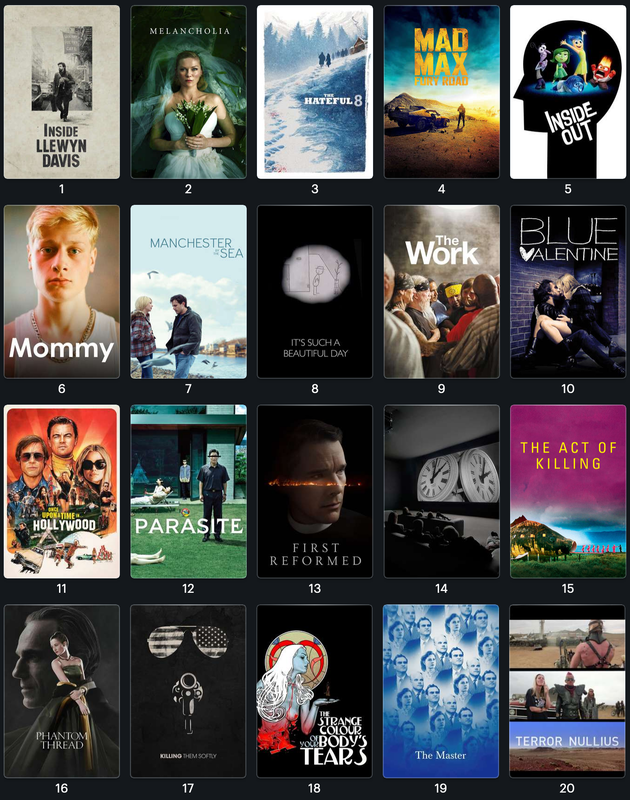
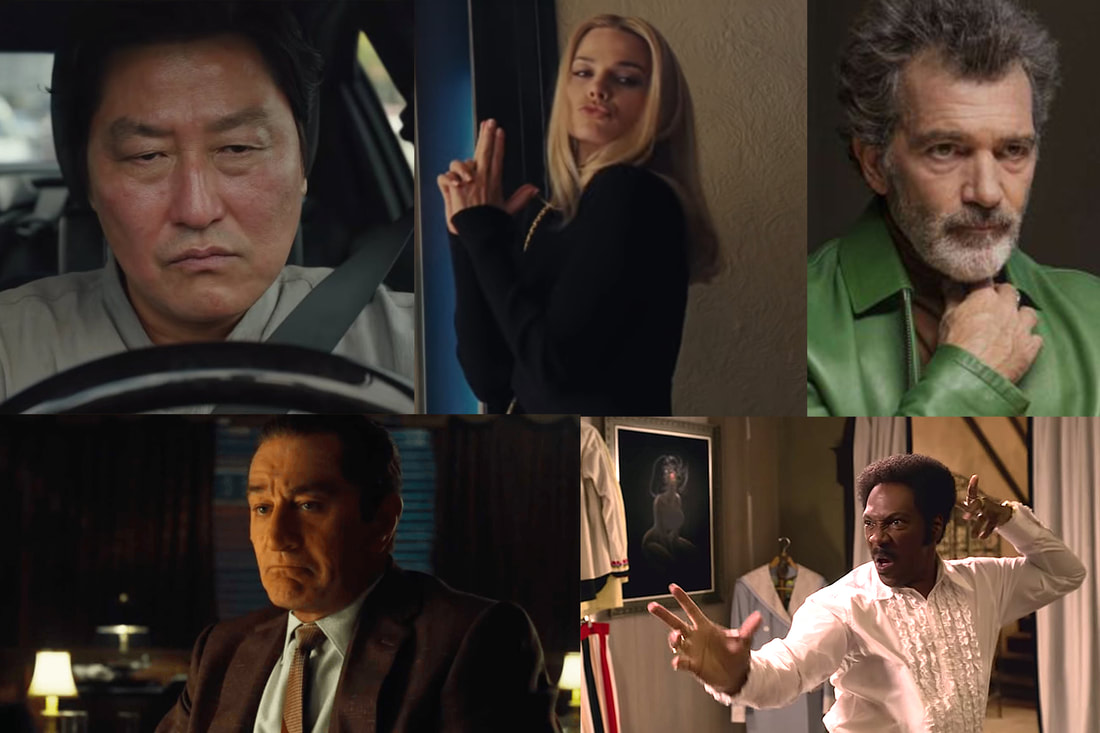






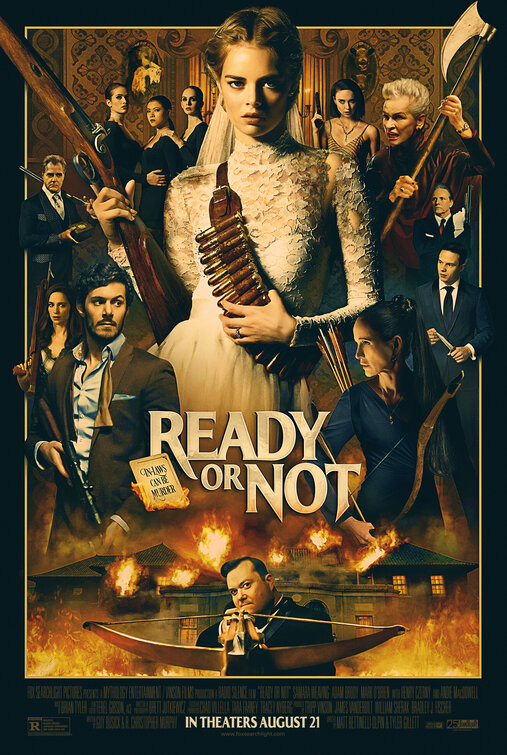
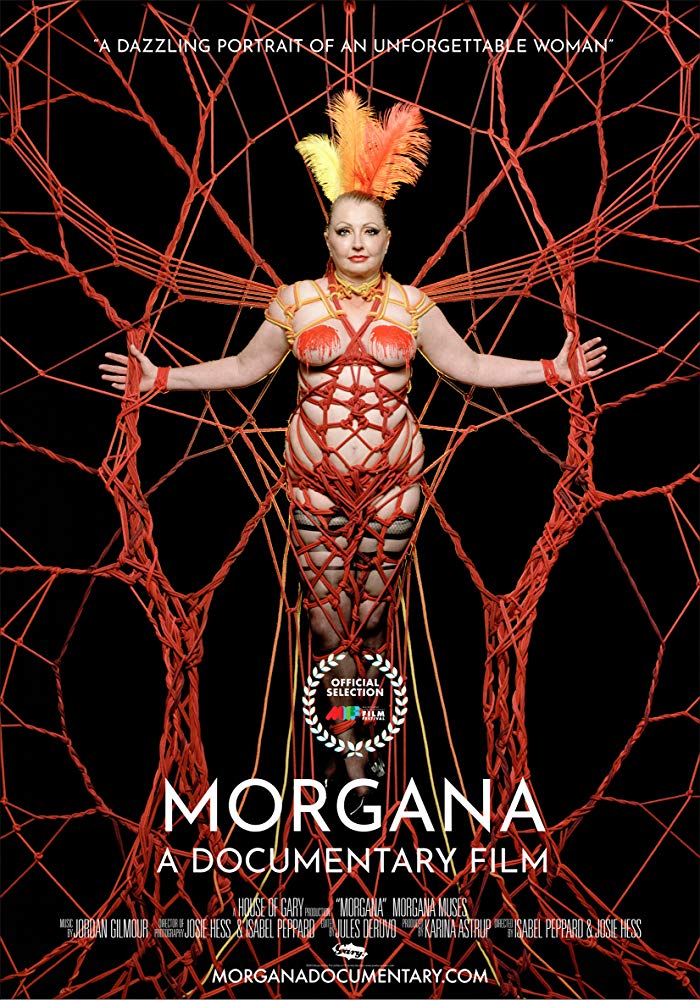
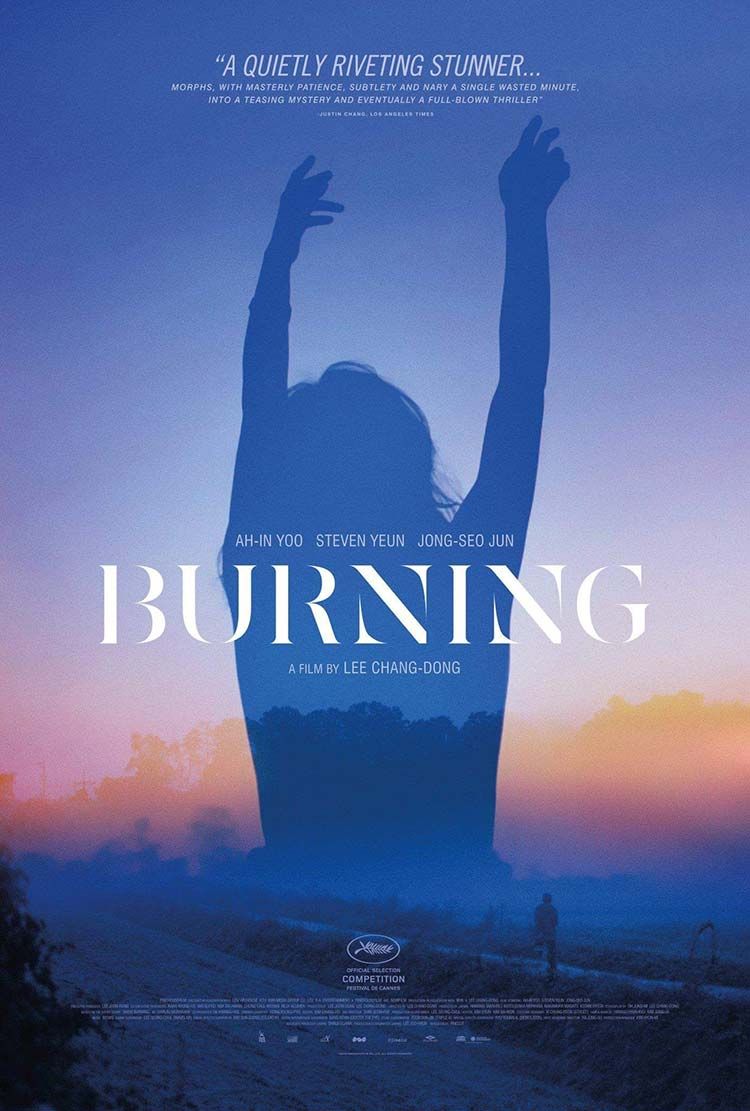
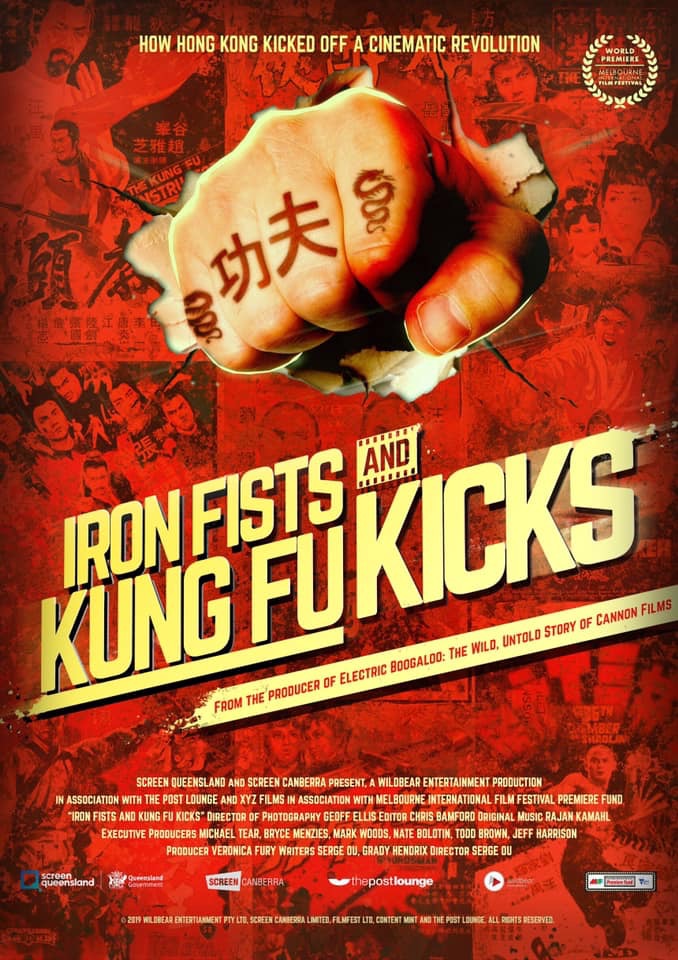
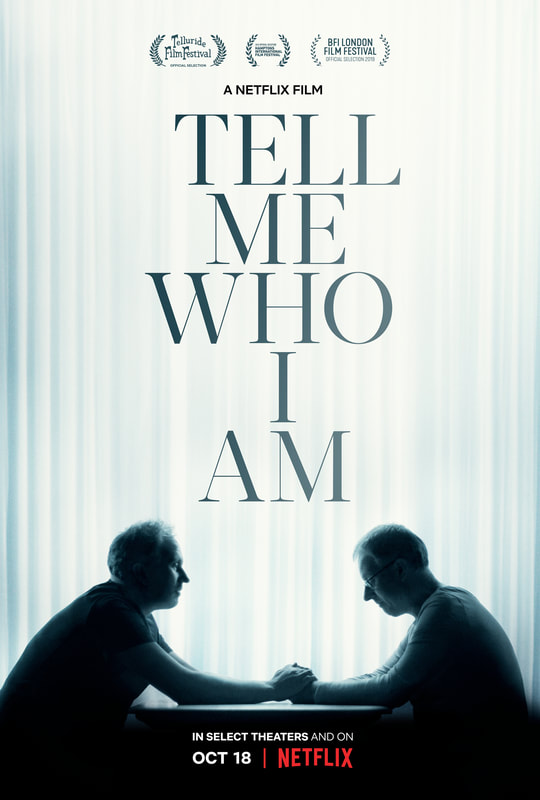
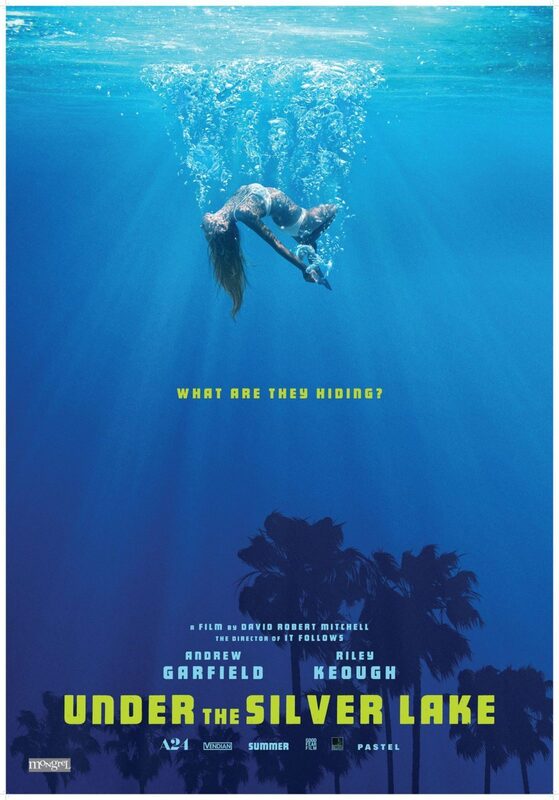
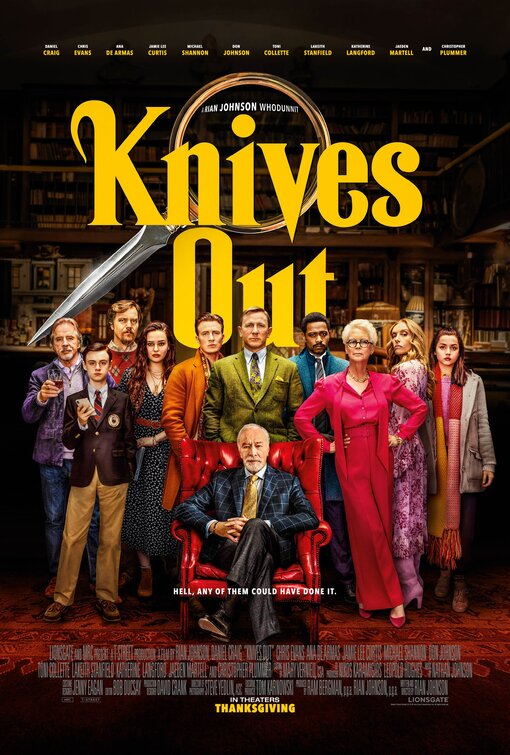
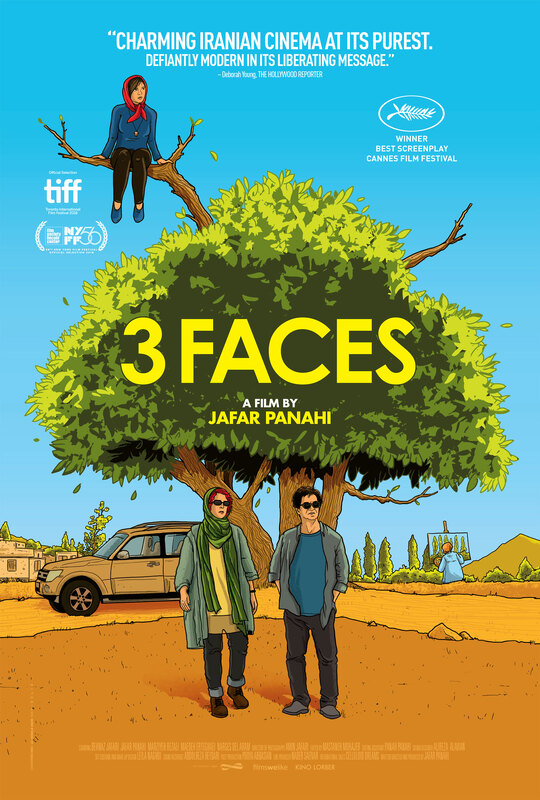
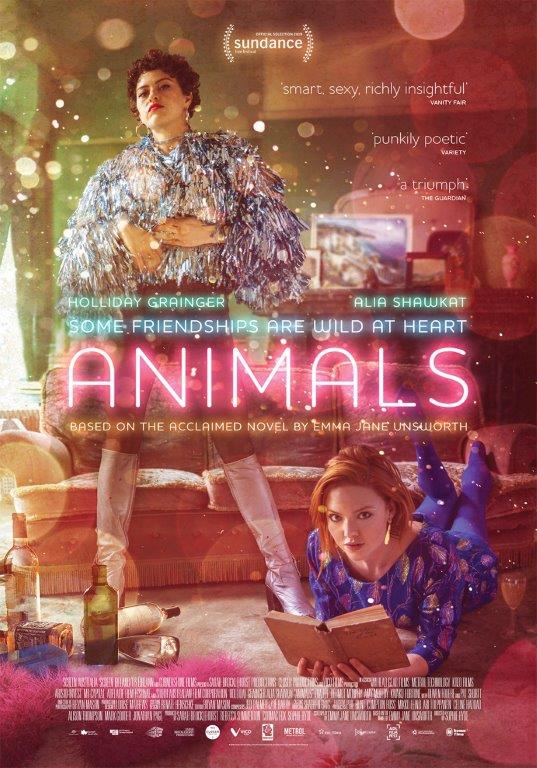
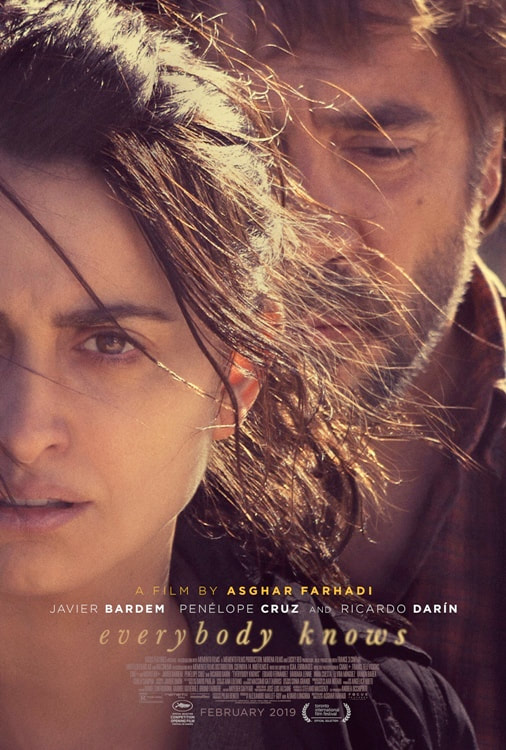
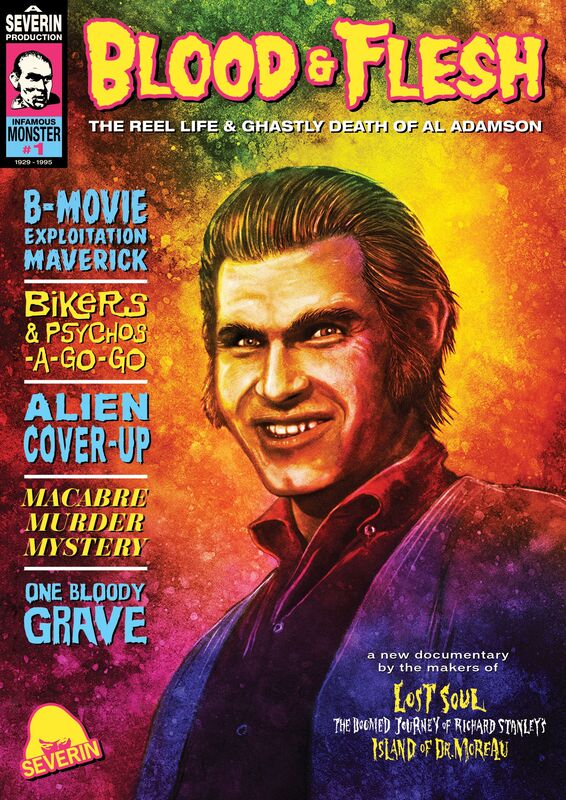
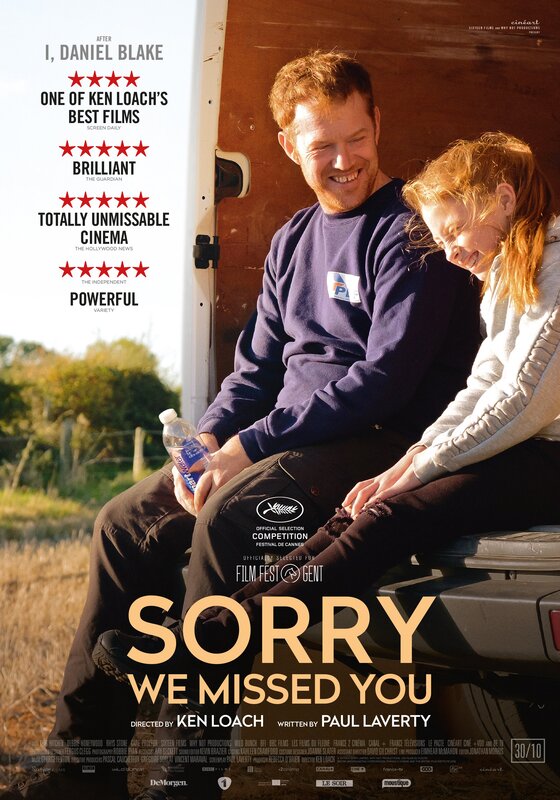
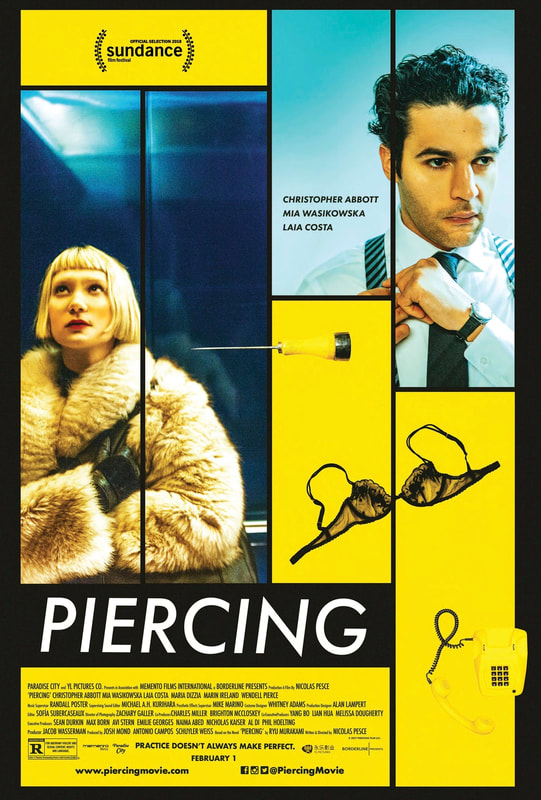
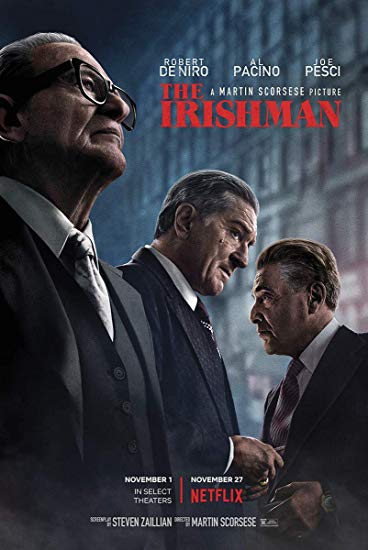
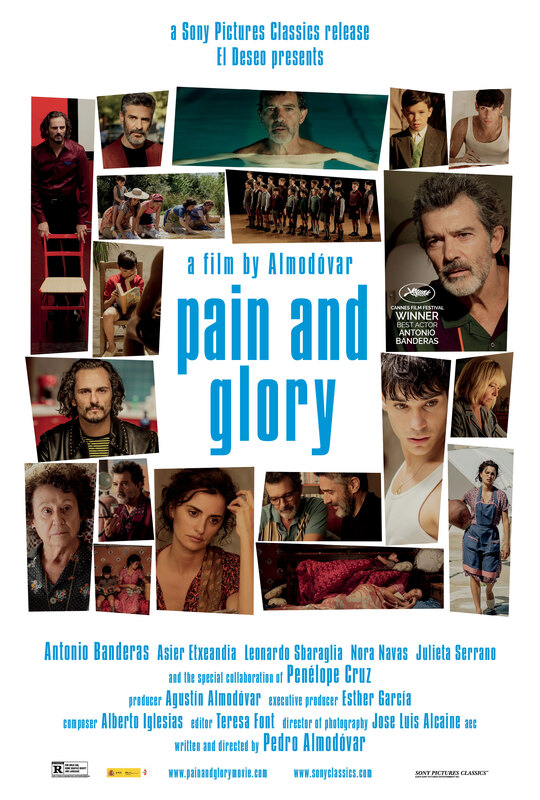
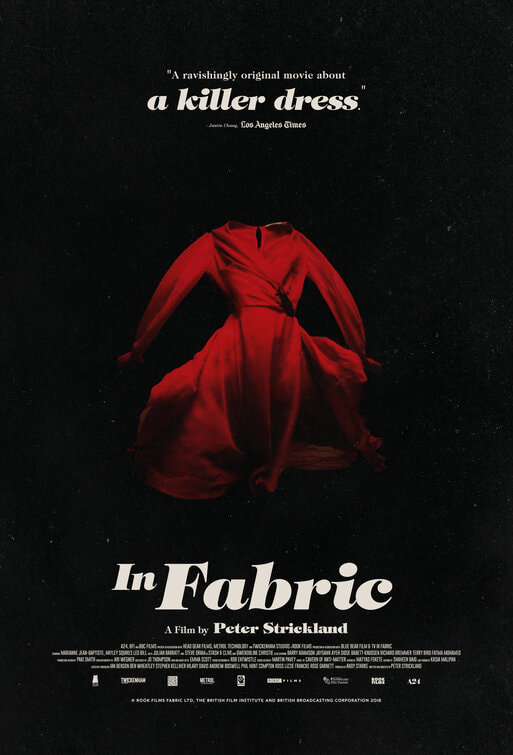
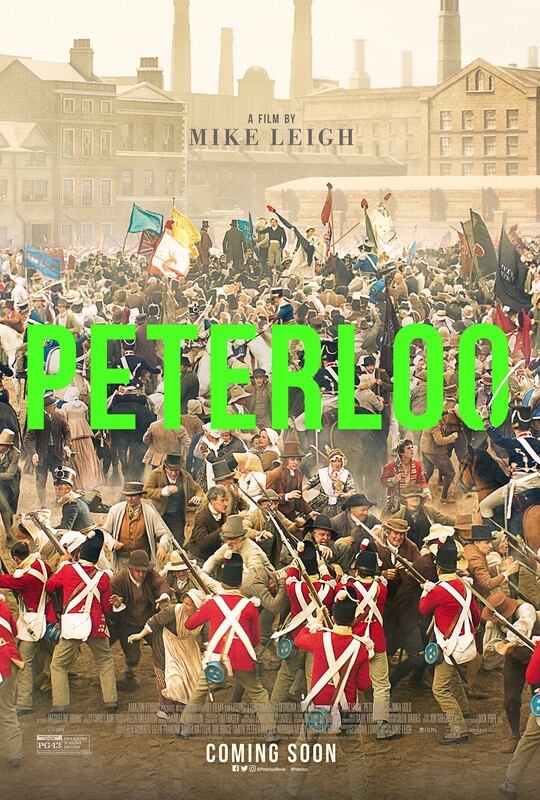
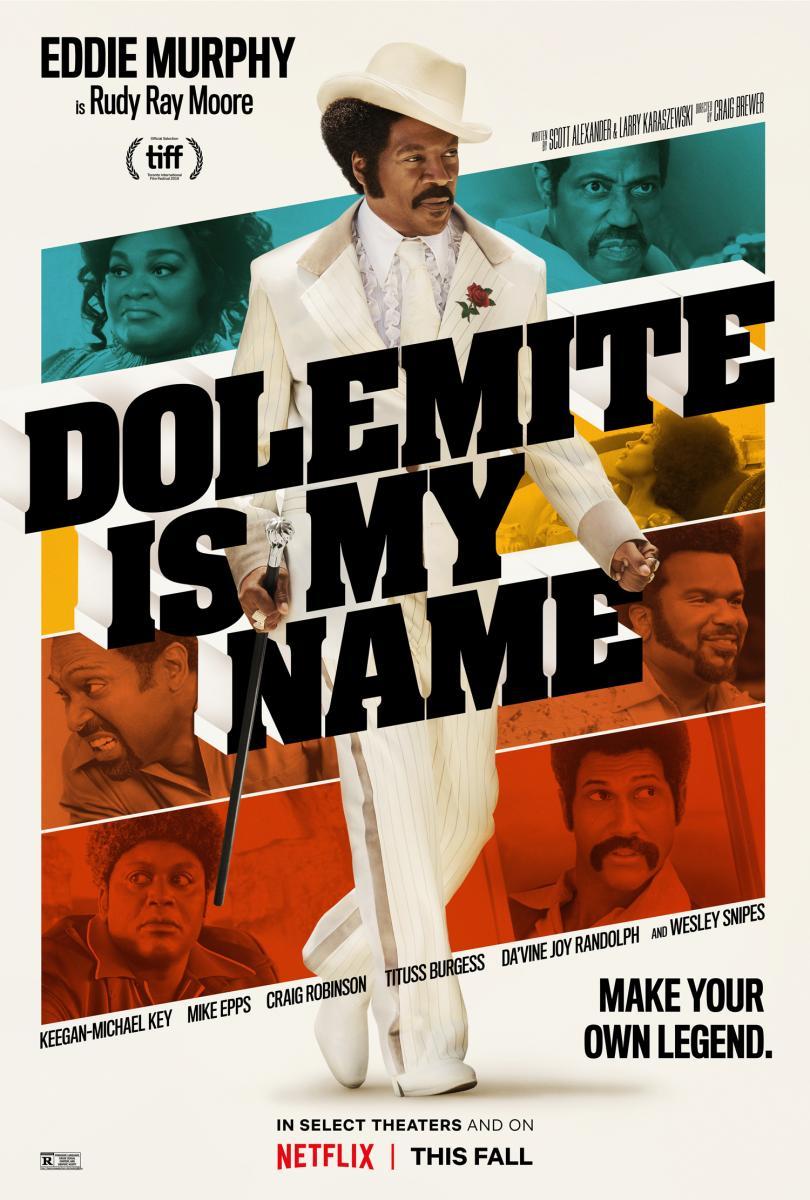
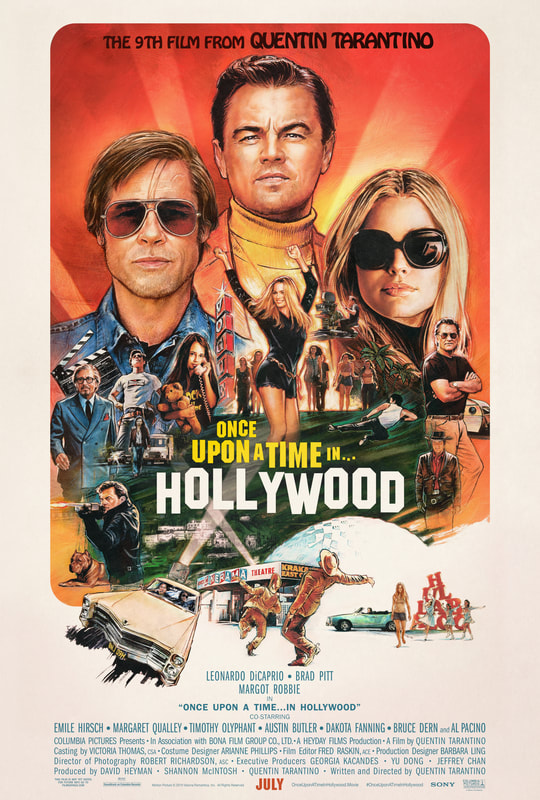
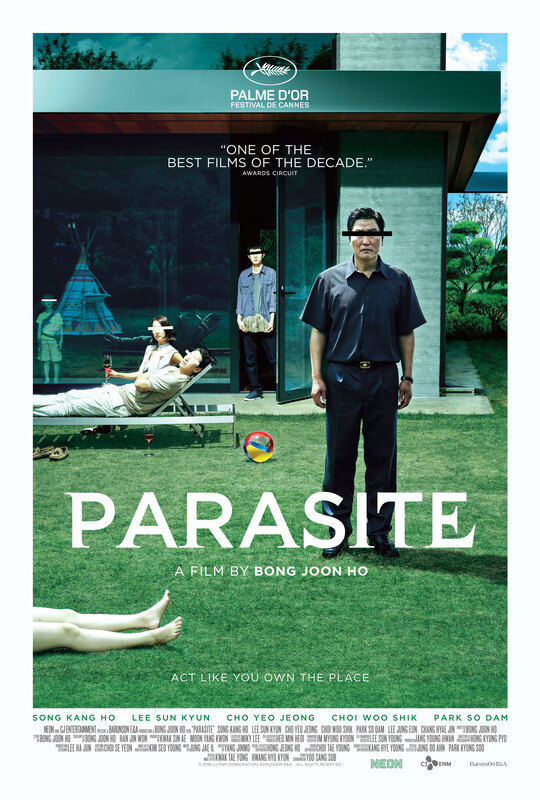
 RSS Feed
RSS Feed
